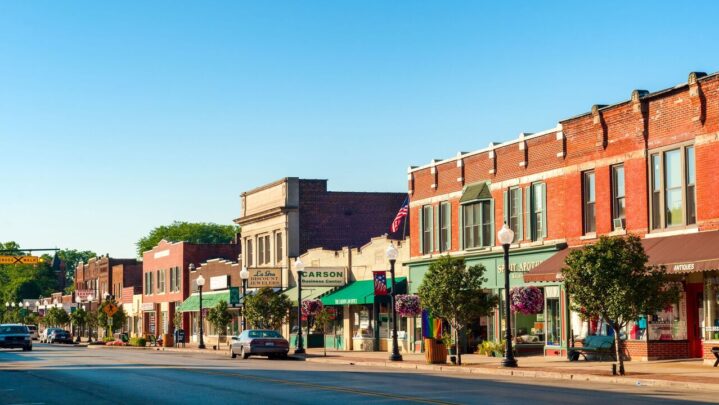1. A wide range of options
It’s no secret that a community with fewer residents is unlikely to witness much cultural diversity. Diversity is essential for cultivating a sense of privilege and broadening your understanding of various cultures so that you may better comprehend the world around you.
There are certain things you can’t learn in school, and one of them is firsthand experience with people who aren’t like you.
2. Suspense
Small towns are notorious for being dramatic and beyond, and this trend appears to be continuing.
Outside of a small town, there are still numerous events, but they typically don’t fester since it’s difficult to fuel the drama if you can’t engage everyone.
3. Possibilities
Most tiny communities have no job opportunities. Working at a grocery shop, gas station, or family company is unlikely to generate enough money to support a family, and even if it does, the chances of a promotion that gives a significant increase in pay are slim.
4. Privacy
When you grow up in such a tight atmosphere, it’s obvious that you’ll never be able to keep a secret. As you become older, you’ll need more and more seclusion.
You start to feel as if you can’t trust anyone, which makes you want to leave even more. Even when you know the citizens mean well, you still feel as though you can only speak to yourself and your diary.
5. Stagnation
Small communities are impervious to change. The environment’s stagnation is apparent, regardless of how long you’ve been there or how long you’ve been gone.
The big news comes and goes, inhabitants move in and out, people die and are born, and it all seems to be in a never-ending loop. This sort of monotony is another important aspect in determining who moves and who remains.
If you’re anything like me, eighteen years is plenty of time to stay in one place.
Keep reading successyeti.com





